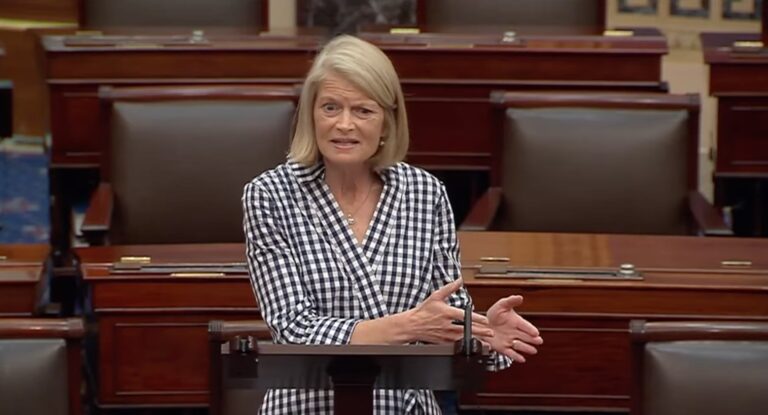Texas House Republicans are escalating efforts to compel absent Democrats back to the Capitol, a modern-day showdown that bears striking resemblance to a dramatic political clash in Alaska more than four decades ago when Republicans disappeared from Juneau.
In Austin this week, Speaker Dustin Burrows has repeatedly gaveled in sessions without reaching the 100-member quorum required to conduct legislative business.
On Friday, the fifth consecutive day without a quorum, just 86 Republicans and nine Democrats showed up. More than 50 House Democrats fled the state Sunday in a coordinated effort to block legislative action, knowing their absence would grind the chamber to a halt.
Burrows has signed civil arrest warrants for 56 missing Democrats, and Governor Greg Abbott has threatened to have them arrested or removed from office. Abbott also petitioned the Texas Supreme Court to remove House Democratic leader Rep. Gene Wue of Houston. Lawsuits have been filed in Illinois, where many of the Democrats are believed to be hiding, asking courts to honor Texas warrants. Burrows says state authorities are working with counterparts in other states and may even have federal help in tracking the lawmakers.
It’s a rare and extraordinary measure, but not without precedent. In June 1983, Alaska made national headlines when a similar quorum fight broke out in Juneau.
That year, Democrat Gov. Bill Sheffield called a special legislative session to confirm Norm Gorsuch as attorney general. Several Republican House members, citing concerns over a perceived conflict of interest between Gorsuch and Sheffield’s hotel business, tried to block the vote by vanishing from the Capitol. On June 7, only 17 members attended, far short of the required quorum.
Some Republicans literally flew the coop, including Rep. Vernon Hurlburt, a bush pilot from Sleetmute, who rented a plane to Skagway.
https://law.resource.org/pub/us/case/reporter/F2/759/759.F2d.714.84-3626.html
Sheffield ordered Alaska State Troopers to track down missing members. The search led to dramatic scenes: Four lawmakers were found in their offices, including Rep. Ramona Barnes, smoking a cigarette, and Rep. Richard Shultz of Delta Junction, who was escorted into the House chambers in handcuffs.
In that year, the Alaska Senate included legendary members like Don Bennett, Richard Eliason, and Jalmar Kerttula, while the House featured individuals like Ramona Barnes, Ben Grussendorf, and John Sund.
The troopers’ intervention broke the stalemate, and the House ultimately confirmed Gorsuch. But the episode deepened tensions between the Republican-controlled House and the Democrat-controlled Senate, and showed just how far political leaders of that time were willing to go to secure a quorum.
Texas now finds itself in a similar high-stakes showdown, one stretching across multiple state lines, with court battles, interstate warrants, and possible federal involvement. Whether it ends like Alaska’s 1983 standoff, with reluctant lawmakers marched into the chamber under guard, is a dynamic to watch.
In other actions in the 13th Alaska Legislature, the drinking age in Alaska was raised to 21.









